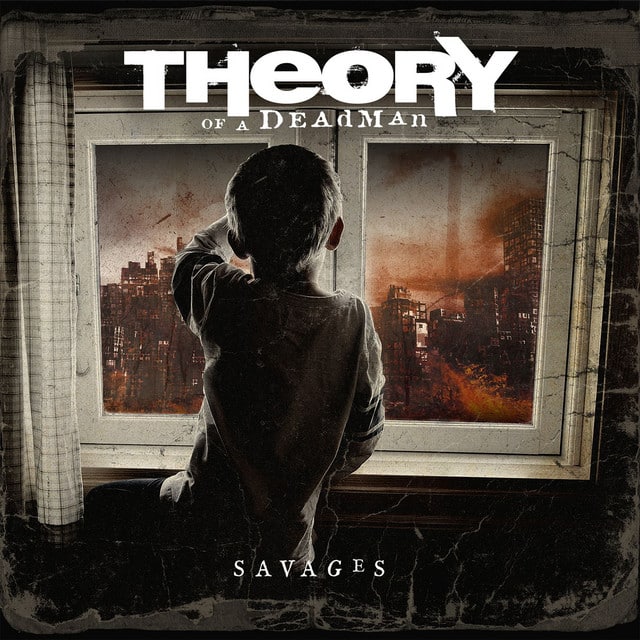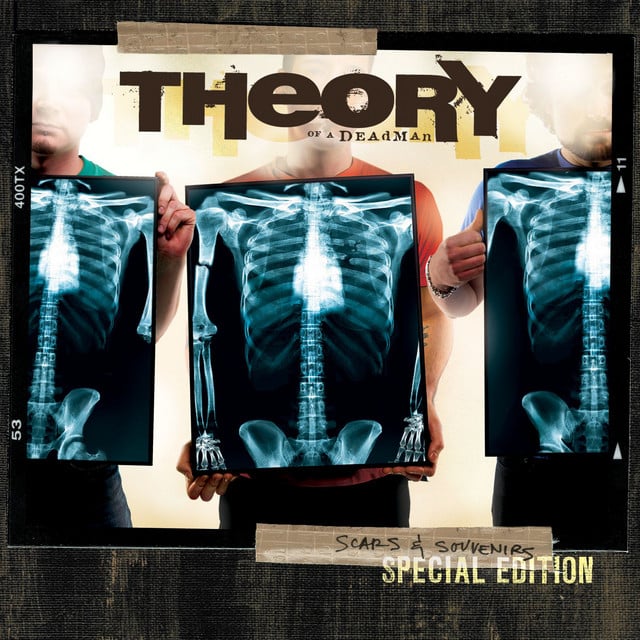Released: 2014
“Angel” by Theory of a Deadman is a powerfully emotive track that explores the theme of love, sacrifice, and letting go. The song delves into the complex emotions of being in love with someone who, despite being deeply beloved, needs to find their own way. The narrative is nuanced, unfolding a story of love that is both divine and doomed, highlighting the painful realization that loving someone might also mean setting them free.
The opening lines, “I’m in love with an angel, heaven forbid / Made me a believer, with the touch of her skin,” sets the stage for a love that feels transcendent yet forbidden. The singer immediately introduces us to this contradictory emotion of experiencing something so pure and otherworldly, akin to an “angel,” yet feeling it’s something they shouldn’t have indulged in (“heaven forbid”). This duality of divinity and earthly desire sets a tone of conflicted emotions from the get-go.
When he says, “I’d go to hell and back with you / Still lost in what we found,” it speaks to the lengths he’d go for this love, indicating a deep commitment and the willingness to endure suffering. Yet, this journey leaves them “lost in what we found,” suggesting that their profound connection has led to confusion and perhaps a realization that their love is unsustainable in the practical world. The phrase “Worlds apart we were the same” further cements this conflict, alluding to fundamental differences that exist despite their deep connection.
The chorus, “Maybe I’m crazy maybe I’m weak / Maybe I’m blinded by what I see,” reflects a moment of self-doubt. The recognition that “You wanted a soldier / But it wasn’t me” is a raw acknowledgment of his inability to be what his partner needs. This is not about a literal soldier but about being someone who fights for and protects the relationship. He realizes he cannot be that person, “Because I could never set you free,” implying that their love, however passionate, is ironically the cage that keeps her from finding true happiness or fulfillment.
The iteration, “Walls were built to keep us safe until they’re crashing down,” metaphorically depicts how their defenses, meant to protect their love, ultimately lead to their downfall. It symbolizes the crumbling of the foundation upon which their relationship was built. The repetition of the chorus emphasizes the inevitability of the conclusion – he must let her go. It’s a realization that loving her means allowing her to find her own path, even if it means being apart.
The final lines, “So fly on your own / It’s time I let you go,” encapsulate the essence of the song. It’s a painful yet loving farewell, urging her to find her way, to experience life unencumbered by the relationship that once held her back. This act of letting go is framed as the ultimate act of love, underscoring the song’s theme of sacrificial love and the bittersweet reality of parting ways for the betterment of the loved one.
In conclusion, “Angel” by Theory of a Deadman navigates the heart-wrenching terrain of a love that is deeply cherished yet must be released. Through its poignant lyrics, it portrays the emotional turmoil of realizing that sometimes love means letting go for the sake of the other’s freedom and happiness. It’s a testament to the complexities of love, beautifully captured in a rock ballad that resonates with anyone who has ever loved someone enough to set them free.






